There has been such a huge influx of people wanting to make a living through wedding photography these days that I almost get as many enquiries from people wanting to become my assistant as I do enquiries from people getting married.
I’ve worked as a photographer for over twenty years and have specialised in wedding photography for the past six, shooting between 35 and 40 weddings every year. The number of wedding photographers setting up in this area has massively increased in this time, which may be partly due to the amount of redundancies.
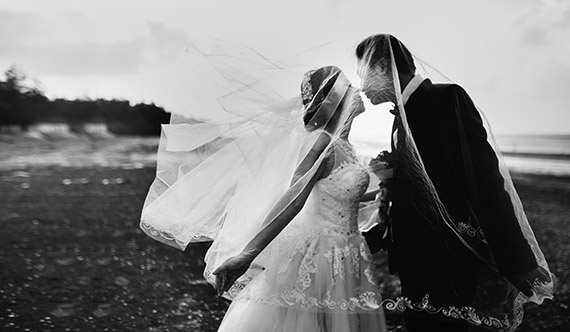
Photo by Hisu lee
With the interest in digital photography being so high, all that an out of work banker, civil servant, estate agent, or recruitment consultant has to do is spend some of their redundancy money on a DSLR camera, build an affordable website, and sign up for Google AdWords. Hey presto, a new wedding photography career is born!
Or is it? The first big problem is the lack of a portfolio. To get anyone to hire you on such an important day, you’re going to need images to show what you can do. But to get a portfolio together you’ll need to be photographing real weddings. One way to do this is to get invited to as many weddings as possible and take your camera with you.
Aspiring photographers often flank me at weddings in the hope of getting precious shots to build their portfolios. I also get grilled on everything from which kit to use to marketing techniques. I’m usually happy to advise, although the key thing to remember is not to get in the way.
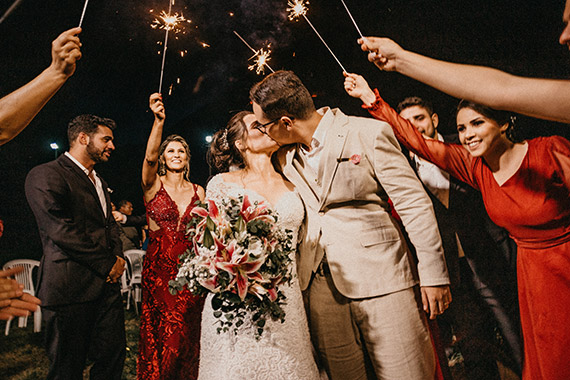
Photo by Jonathan Borba
It’s also not advisable to shoot during the actual ceremony, as there are often strict and detailed rules that apply, and these are discussed and agreed between the pro photographer and the priest/registrar beforehand. A rogue guest wielding a DSLR, (full flash blazing or not) can often bring a halt to proceedings, with an embarrassing reprimand and blanket ban on all photography to follow.
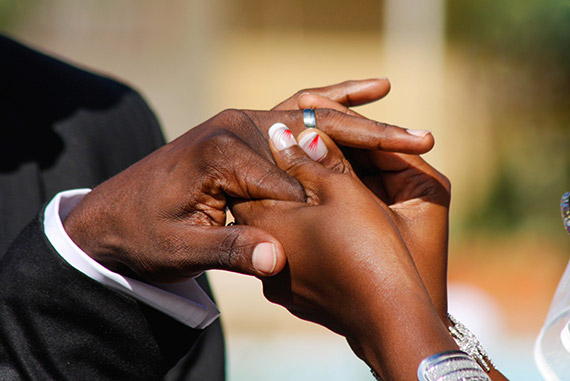
Photo by Andrew Itaga
Another way that many try to gain images and experience, is to try to become an assistant/second shooter. Many offer to do this for free, but there is a big difference between assistant and second shooter, and working for nothing can have problems. An assistant is expected to carry the bags, park the car, hold the umbrella, etc. but quite often wouldn’t actually get to hold a camera other than to change the batteries. One or two 15 hour days of doing this for free is usually enough.
A second shooter is usually expected to photograph lesser aspects of the wedding (guests arriving, table details, flowers, etc.) However, there can be issues with whether you’ll be allowed to actually claim the shots to use as your own. This is something that should be discussed and agreed upon beforehand, because if you’re using the photographer’s equipment, many pros whisk the camera and disks away for editing, and that’s the last you’ll see of them.
However, there is another way of gaining the confidence of your potential clients, which is often missed. I suggest that instead of aiming to go headlong into photographing weddings—with the aim of a fast track to big money bookings—aspiring wedding photographers should concentrate on portraiture first.
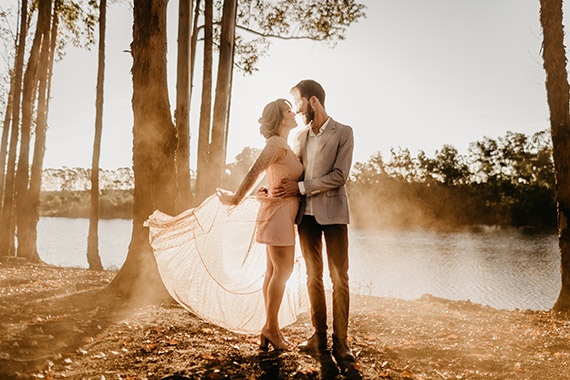
Photo by Jonathan Borba
Become a seriously good photographer before even contemplating taking on a wedding. Too many new wedding photographers think that they can learn the basics on the job. Consistency is key. A mistake that many make is just getting the odd good shot and collecting them over time, giving themselves (and others) the impression that they are really good photographers. But if you can’t achieve a high standard every time you use your camera, you’re not ready.
Once you have reached a high standard and you have a wealth of consistently high quality and varied portraits, you’ll start to create a style and not only be able to charge commissions for portrait shoots, but you’ll be in a much better position to convince a pro that you’re up to the job of second shooter, gaining vital experience of working at weddings.
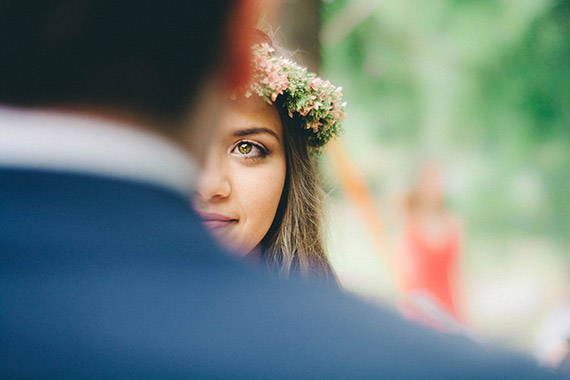
Photo by David Thomaz
With this combination under your belt, you should be ready to take on a real wedding by yourself. But make sure that you’re completely open to the clients about your experience.
Essentials to have in place before photographing your first wedding:
- Contract. Make sure you’ve clearly outlined your terms and conditions, what you’re offering, and payment details in a contract, which should be signed by the client
- Insurance. You must have three insurances in place: public liability, professional indemnity, and equipment coverage for loss or damage
- Backup equipment. A second camera charged and ready to use, plus lenses, flashes, batteries, and memory cards
About the Author
Tom Gold is a wedding photographer in London. Stylish, discreet, creative and thoughtful are words that are used to describe his approach to wedding photography.
Like This Article?
Don't Miss The Next One!
Join over 100,000 photographers of all experience levels who receive our free photography tips and articles to stay current:




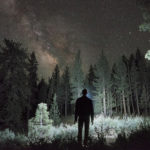

“Some beautiful photos in this album. You are very talented. My absolute favourite is the stunning beach sunset silhouette. breathtaking stuff. You have to get the best source where you can get the ultimate love photography for you that would make you feel the best after getting the right one. ….Loversoflove.com
I just randomly click pictures of the changing moods of the sky….I am interested in photography but just cant pursue it……….but just love the tips I get from here….thank u
I have talked with a lot of “the top of the line” photographers and they all say to start free.
Start shooting your friends and family first, to get your portfolio out there, you know?
Great tips!